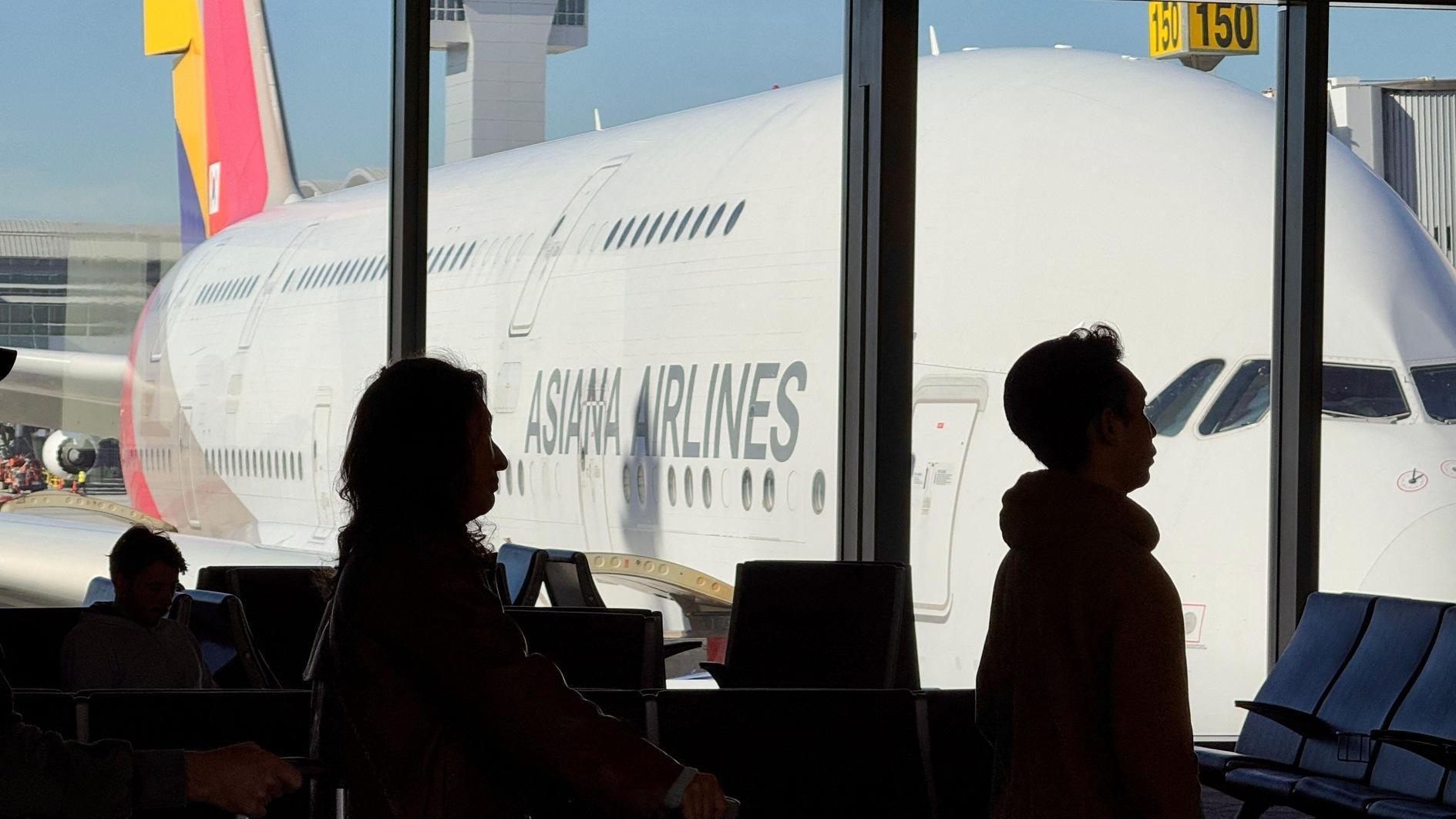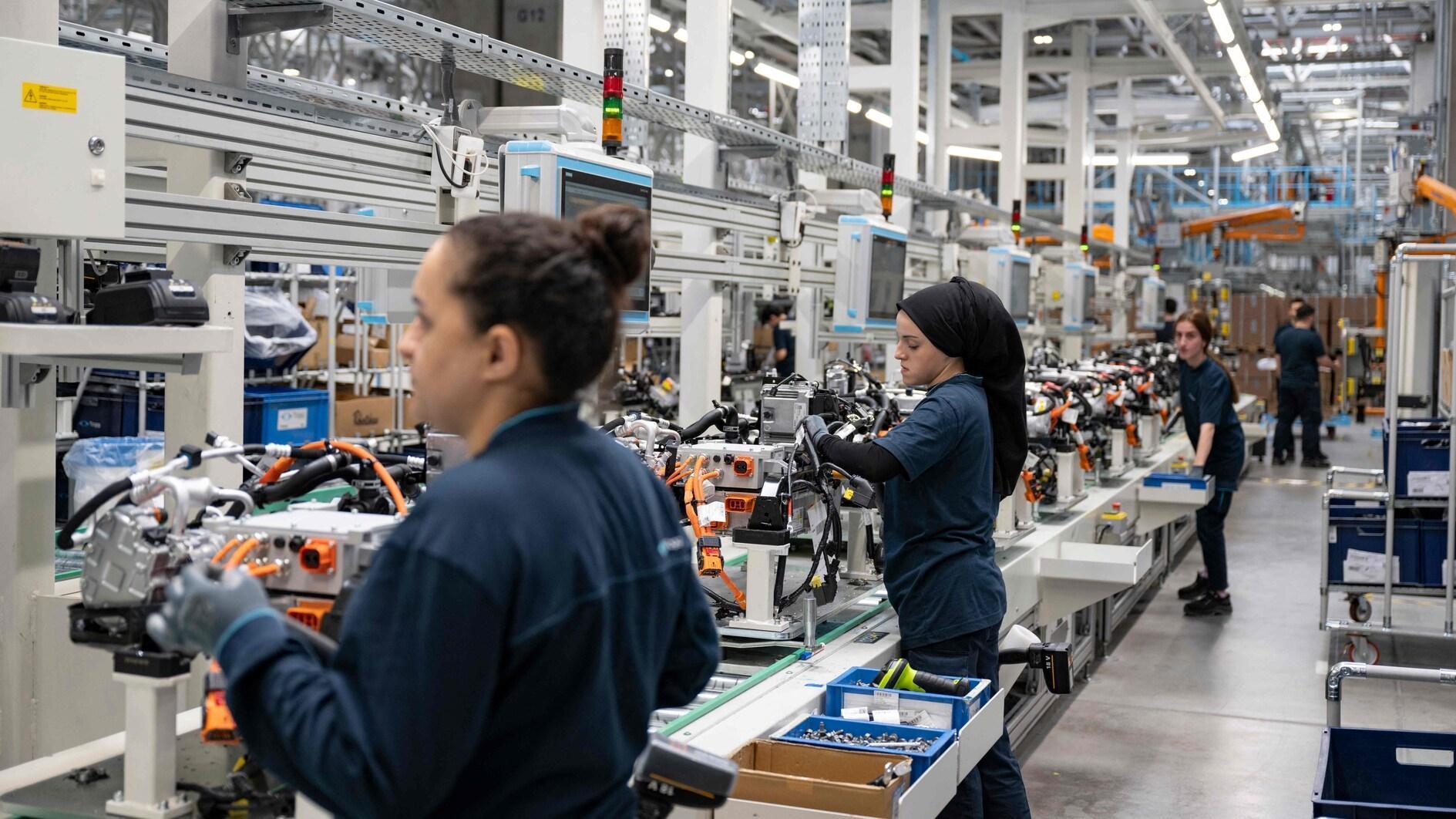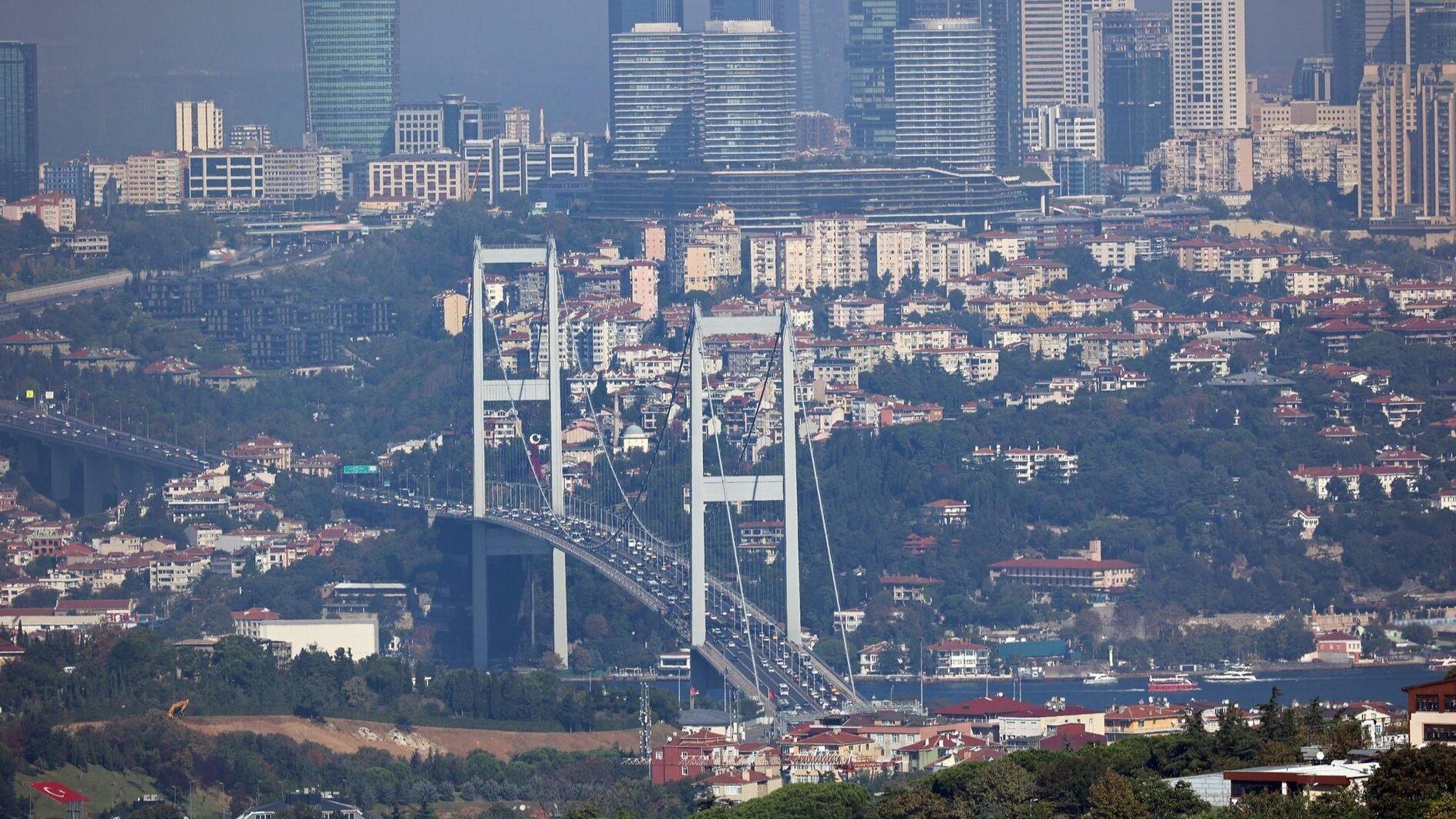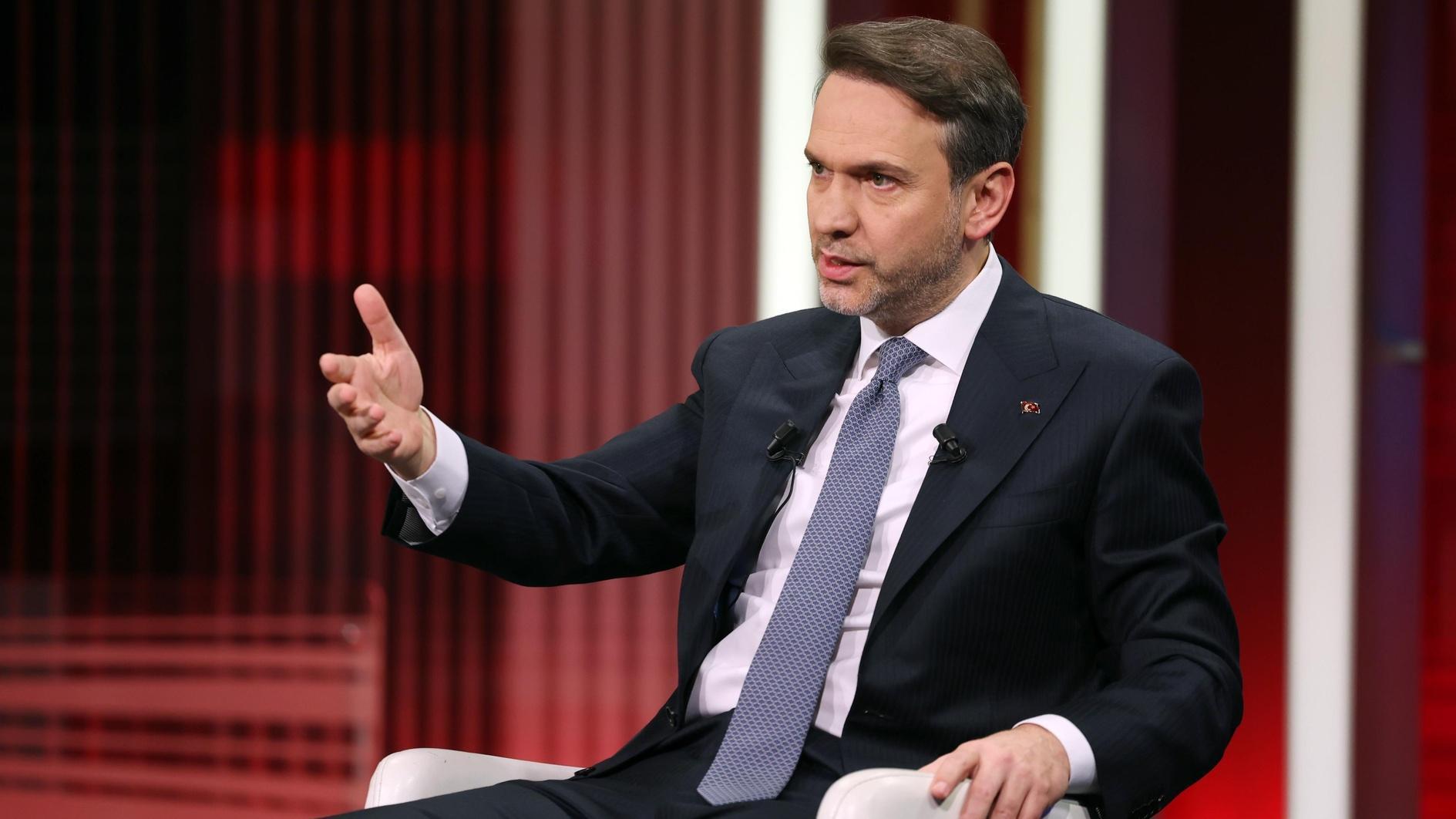I am afraid of the word ‘stability’
I was recently invited to a working lunch with a top European politician, together with a small group of journalists and NGO representatives.
The main issue was the level of democracy in Turkey and relations with the European Union.
The politician was keen to ask the right questions about judicial independence, freedom of assembly, freedom of the media, the investment environment and the tendency of the government to adopt a majoritarian attitude.
Then I asked the politician why the EU Commission was not opening at least the 23rd and 24th negotiation chapters with Turkey, which are all about more political and social rights in Turkey. That would be a good move both for the benefit of the Turkish people and to bring Turkey closer to Europe.
But the politician knew, as I do, that both of the chapters are still being blocked by the Greek Cypriot government. And knowing that there was no concrete sign of a settlement to the 40-year-old Cyprus problem, the politician said that if there was goodwill on both sides, the Cyprus issue could be solved easily and the blockage on chapters for better democracy in Turkey could be lifted.
Then I asked whether the politician was planning to share those critical views in a public speech scheduled for that afternoon. No, the politician said with a shy smile, not for now.
Perhaps I would have asked more if the young NGO representative, who I learned had played an active role in the Gezi Park protests of 2013, had not whispered in my ear: “Abi” he said, meaning elder brother: “Let it go. Didn’t you realize that the politician used the word ‘stability’ four times in response to your questions and ‘democracy’ only twice?”
The young activist was so right. The word “stability” has increasingly started to acquire a different meaning in world politics.
It has become a pretext for governments who decline to give more democratic, social or economic rights to their own people, or worse, to limit them further.
If stability means having no obvious objection regarding the demands of the U.S. and EU, the most stable country on the planet could be named as Saudi Arabia. Or, if stability is used in the sense of being predictable and portending to no dramatic changes in policy, then North Korea, for example, could be regarded as the world’s most stable country.
Is that what we have to understand from this hypocritical use of the word “stability?” That is why the word "stability" alone, without pluralistic democracy and the rule of law, has started to scare me whenever I hear it.
Stability is only good when it can be maintained with expanded rights and freedoms under the guarantee of the rule of law.











